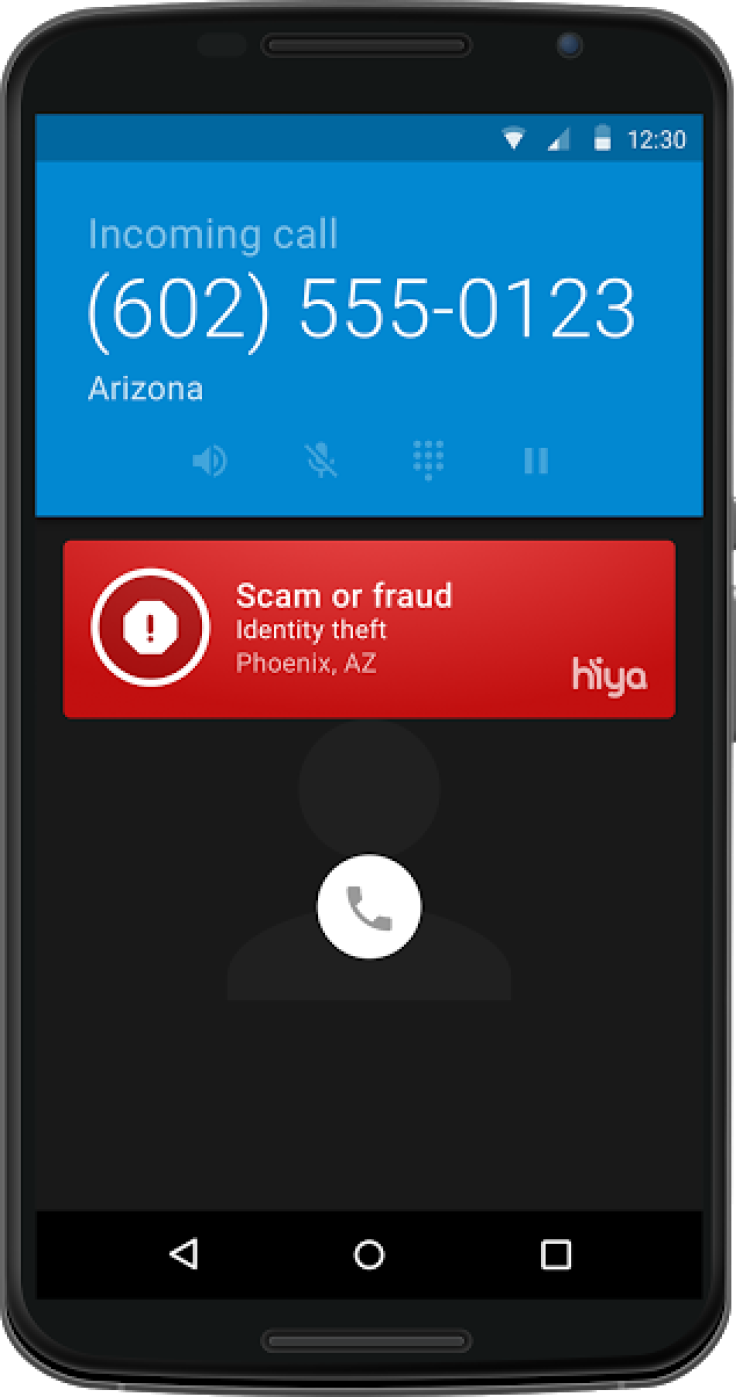Blocking Robocalls And Unwanted Text Messages On iOS 11 With Hiya App

The final version of the iOS 11 is finally here. It was released on Sept. 19 for end-users with supporting devices. The user interface has been widely gathering positive reviews. The attention to detail on the iOS 11 and quirky new updates on the existing iOS make sure that your smartphone experience is more engaging.
The biggest modifications — reported by early users — come to Siri, the lock screen and the app store. Compared to the iOS 10, Siri has been modified to add more tone, tempo, pitch and live translations. The lock screen, the app store and the control center have been modified for greater user comfort. The biggest addition to this operating system has to be the new ARKit.
This Augmented Reality (AR) app will allow users to create experiences with iPhone and iPad that implement digital objects into the environment around you using the camera app. The app interacts with the real world in a whole new way, creating a unique experience that will bring together the virtual and the real world on your screen.
Apps are now doubling-up their efforts to flood iOS 11 with new versions of their app to make use of the host of new features. Following that trend, Hiya now allows users to filter and block messages on iOS 11. The new Hiya iOS 4.0 offers a range of features to keep away annoying spam messages.
The official statement on the Hiya blog said: “We are happy to announce version 4.0 of our Hiya app for iOS!” A plethora of new features have been added to improve app performance, they added.
Protecting users from spam callers is not the only function of the new Hiya iOS 4.0. The app can now protect you from spam SMS and MMS messages.
To enable this, go to settings then go to messages and tap unknown & spam. Under this, an SMS filtering option should be visible once you have installed the app. Enabling this feature is all you need to do to protect your beloved phone from people trying to sell you things you do not need or even that annoying ex who won't leave you alone.
The app also boasts of new enhanced support for "neighborhood scam" which is when scammers call you with a number similar to yours to trick you into picking up, believing the number comes from your neighborhood.
The app works on a database system. The numbers are filtered based on the information available to the app on that particular number. The app gives you a choice on whether you want to share contact information. To further improve privacy, you can always choose not to share this information with the app cache.
Privacy is always a big concern with these apps. While they seemingly judge messages based on their content, you don’t have to worry about this. The number itself provides all the data needed to segregate the message or call. The content of the messages remains untouched.
© Copyright IBTimes 2024. All rights reserved.











